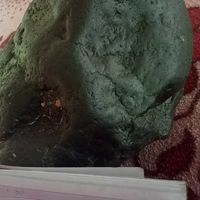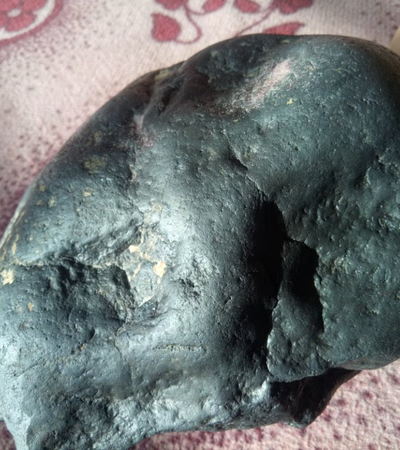Afghanistan"s metals market has shown a noteworthy shift in recent years, with ores and metals exports as a percentage of merchandise exports increasing significantly from 0. 84% in 2017 to 2. 20% in 2019. This upward trend, though modest, suggests a potential opening for increased export activities, particularly as global demand for metals continues to rise. However, the country still faces challenges, such as the need for infrastructure development to support increased mining activities and enhance export capabilities. Despite these challenges, the imports of ores and metals reflect a subtle decline, moving from 2. 44% of merchandise imports in 2017 to 1. 69% in 2019.
This could signal increasing domestic capacity or shifts in trade dynamics favoring local sourcing, which could be further leveraged to reduce dependency on imports. Globally, Afghanistan"s contribution to the metals market remains a small fraction compared to other countries. Yet, the domestic sector"s gradual growth amidst fluctuating global metal prices offers an intriguing opportunity for investors looking to capitalize on untapped resources. The consistent level of renewable energy consumption, standing at about 18. 9% in 2019, also indicates potential for sustainable growth in metal production processes. To navigate these opportunities, businesses can benefit from platforms like Aritral. com, an AI-driven B2B solution simplifying international trade in commodities and raw materials. Aritral offers services such as Product Listing and AI-Powered Marketing, which can help businesses enhance visibility and streamline global sales processes.
By leveraging these tools, companies can bridge the gap between potential and performance, ensuring sustainable growth in the competitive metals market. "
-
 م ایاز کھوگانی 5 مہینے پہلے
م ایاز کھوگانی 5 مہینے پہلے افغانستان
شہاب ثاقب کا بیچنے والا
افغانستان
شہاب ثاقب کا بیچنے والا